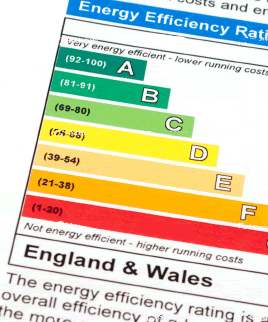As part of a three-year project, BRE will be developing a new version of the standard assessment procedure (SAP), the government’s system for assessing and comparing the energy rating of residential dwellings.
This methodology is also used to create the information on energy performance certificates (EPCs) and to show compliance with the energy conservation requirements of Building Regulations in the UK.
The new methodology – SAP 11 – will give a high priority to carbon reduction than energy efficiency to promote technologies such as heat pumps and renewable energy.
SAP 11 is expected to be ready for use as part of the Future Homes Standard – a set of measures to be introduced on new homes built from 2025, to ensure they are fitted with low-carbon forms of heating, in line with the UK’s wider net zero drive.
Organisations working with the BRE on this programme include Sustenic, Loughborough University, Kiwa, University of Strathclyde’s Energy Systems Research Unit, Aecom and the Chartered Institution of Building Services Engineers (CIBSE).
BRE project director John Henderson said: “As the UK begins to escalate its net zero initiatives, SAP 11 will be instrumental in the effort to decarbonise the nation’s existing housing stock and ensure the use of low-carbon heating in new homes. As the new methodology will improve EPC accuracy, energy efficiency measurements will be more reliable than ever. Effective assessment of energy performance is going to be absolutely central to our progress towards net zero.”
Got a story? Email [email protected]

